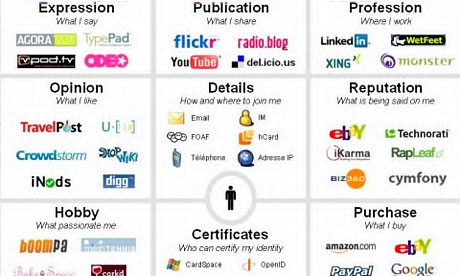When Marshall McLuhan’s ground-breaking work in mass communication theory catapulted him into the spotlight more than 30 years ago, the internet and social media were faint blips on the world’s technological radar screen.
What many people do not know is that the late University of Toronto professor and Roman Catholic convert also referred to the electronic media as “an unholy imposter” and “a blatant manifestation of the anti-Christ.”
Did Apple and Research In Motion executives, when they released their innovative iPhones and BlackBerrys several decades later, have similar thoughts or a glimpse inside the Pandora’s box that their own brave new gadgets might unleash?
The internet and these wonderful digital devices that have helped connect and educate millions across the globe. They have shed light on and hastened the collapse of repressive regimes and accelerated humanitarian disaster relief efforts.
And they have, unfortunately, also enabled the darker side of human nature. The proliferation of pornographic images via the internet, mobile phone “sexting” and recent “flash mob and rob” phenomena remind us of McLuhan’s insight that as we shape our tools, our tools indeed shape us.
This is no less true when applied to the crudely-fashioned sticks and stones our ancestors crafted to carve letters and images into sand, wood and limestone or to the ubiquitous 21st-century communication devices that instantaneously broadcast our every word and deed for mass consumption on any number of popular social networking sites.
Continue reading about the need youth have for education in technology ethics
Source
- Image: Michael Zimmer
